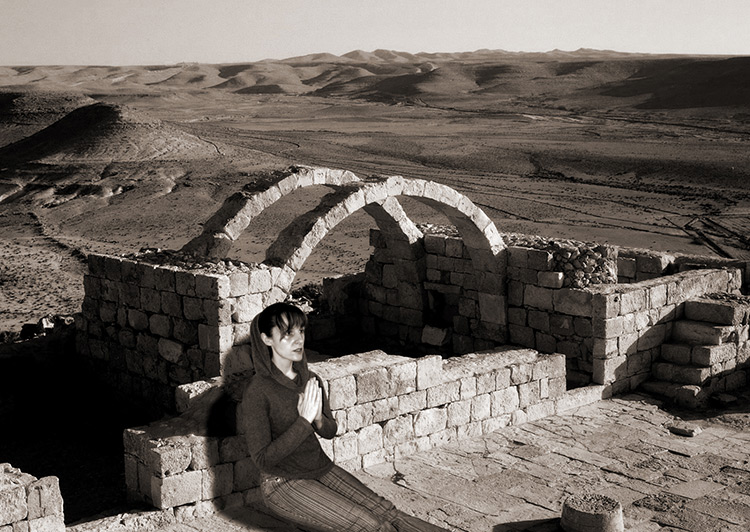
What Is A Dysfunctional Family?
From my book “Walking Next To Cancer”
Most of us grow up believing our own family is “normal”. It is only with life experience that we may come to recognize there is perhaps “something unusual” about our own upbringing and family life. We may also come to realize that many families are unfortunately not the happy, healthy families to which we all aspire.
Typically, a dysfunctional family is one where the relationships between parents and children are strained and unnatural. Although there may be many different root causes, such families usually involve one or more family member with a serious problem that impacts every other member of the family.
—Trevor Todd, disinherited.com
In the case of Jocelyn, there was the very depressive behaviour of her mother and the heroic fortitude of a father who survived despite the demands of a genetically challenged diabetic dis-ease. His condition led to regular stays in hospital until about the age of twenty or so, when the insulin formula was introduced. Growing up in such an environment, children often would suffer low self-esteem caused by the limitations and inabilities of the adults their lives. Needless to say, this impacts every aspect of their lives, from jobs to relationships to financial security. Many families may seem normal at first glance. Scratch the surface; and some surprising relationships or challenges are exposed. In response to the facts, some typical behaviours usually occur in those families. First and foremost, it manifests in addiction to drugs, alcohol, gambling, God, sex, work, food, or attention-seeking behaviours. It is very clear that any such addiction arises from pain, trauma, and fear and has strong negative effects on other family members.
Surviving in a dysfunctional family is stressful and can leave survivors with enormously heavy burdens both mentally and spiritually. It can lead to internal struggles causing distress and agony. It can divert them from a fulfilling life path and cause a tremendous amount of grief. This in turn drives them to disobey family wishes and societal values and morals. Healthy individual development can be a challenge under such circumstances, but the price of not meeting this challenge is borne not just by the individual themself but those around them as well.
Jocelyn had never dealt with her family’s dysfunctions; she only suppressed them in a dark place in her mind. Each time she realized she was reliving her family’s difficulties, she would quickly stuff them back in to her guarded mental department, while trying to refocus on her work. God and work became her addiction and her escape; they were her safety blanket, her protection. When they were not enough, she learned to create other safety blankets like Gerson Therapy. She would shift her focus to it, hoping to perfect it and make it ever grander and more present in her life (and everyone’s life around her). This was how she guided her attention away from the emotional pain. She would hurdle headlong into grandiose plans by creating detailed schedules for new business ventures in the future. She was so committed to pre-empting all obstacles that life could possibly bring her way that she had missed the surprise and joy of the unknown. Her present-day delights were often lived via various periods in her past. Her grooming and fashion sense was sharp and authoritative and intended to make her glow in a defined sophisticated, up-scale way. This was intended to ward off any attempt to be light-hearted in her presence. Her hair, clothes, and jewelry all combined to give her what she perceived as an edge over those she met and, more importantly, effectively deny any stigma of weakness associated with her dis-ease. Her facade acted as shield against surprise and the unknown. Some of her ideas were fun and most amusing, but her ruling nature dismissed any enjoyment. She deliberately shunned any idea promoting the experience of an unplanned surprise. An unknown future frightened her because it called into question her control of the situation. The unknown micromanaged her, and oh boy, she didn’t like that one bit.
Cheers from my family to yours,
Mariya

